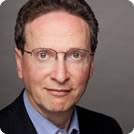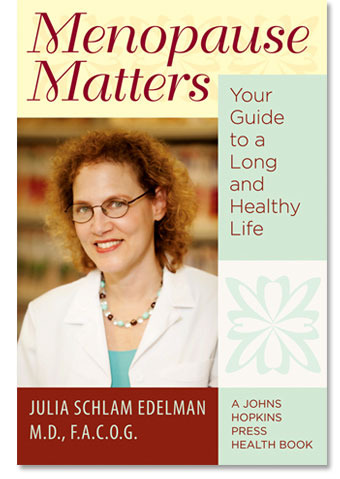 For physicians wanting to learn to write and publish, the Harvard Writers course is the best place to begin.
For physicians wanting to learn to write and publish, the Harvard Writers course is the best place to begin.
For physicians wanting challenging and fun new career opportunities, there is no better way than to write and publish--from blogs to books, the opportunities are endless. There is no better way to jump-start or advance your publishing objectives than the CME course offered by Harvard Medical School titled "Publishing Books Memoirs and Other Creative Nonfiction."
I've been directing national medical conferences for the past five years. Because of my involvement in the medical conference industry, I have reviewed many, many courses and spoken to numerous people about the ones that they've found the most helpful and enjoyable. The Harvard publishing course is at the top of the list for both criteria.
The truth about medical conferences is that most are, at best, mediocre and some are simply a waste of time. There's really no reason to travel to another city, pay hundreds of dollars, and review the same, mundane material you could easily obtain online.
Because I'm a physician who designs medical conferences and not simply a business person marketing a product to physicians, I look at the medical conference industry with the eyes of a consumer. I like learning about excellent courses, because I want to know where the best teaching is taking place--not only as a conference organizer but also as a potential participant.
A couple of years ago a colleague brought to my attention the Harvard publishing course. I was skeptical at first, but as I learned more about the event I became more and more excited about it. Here was an event that allowed physicians to meet other physicians who had authored books, submit manuscripts to editors, and connect with literary agents.
I was impressed.
When my team and I were organizing the first Medical Fusion Conference in 2009, one of the first people I recruited for the course was Dr. Julie Silver, director of the Harvard publishing course and Chief Editor of Books at Harvard Health Publications. Dr. Silver is a very inspiring person-- a faculty member at Harvard Medical School and an award-winning author. As a physiatrist, her clinical and research work focuses on healing from serious injuries and illnesses (www.JulieSilverMD.com). Dr. Silver is also a cancer survivor who is creating a "best practices" model for hospitals and cancer centers to implement survivorship services that include cancer rehab (www.OncRehab.com).
My hope for our Medical Fusion Conference was that Dr. Silver could give some basic tips on writing to our audience and maybe a few pointers about opportunities in the publishing world.
What took place at that first Medical Fusion Conference, however, totally blew me away.
Dr. Silver gave two lectures that year, both of which were two of the most highly rated talks ever at our Medical Fusion Conferences. Her speaking style was very easy to follow and she communicated a tremendous amount of quality information in her two hours at the podium. Many in our audience commented on their evaluation forms that she was their favorite faculty member that year and felt that she was one of the best presenters they had ever heard at a medical conference.
Dr. Silver is still one of our most requested faculty members at our Medical Fusion events (and we're excited to say that she's coming back for our 2011 Medical Fusion Event this November).
If you browse through our Freelance MD archives, you'll find blogs by many of the successful physican-authors who attended the Harvard publishing course:
-Dr. Richard C. Senelick attended the course and is now blogging on The Huffington Post
-Dr. Jon Wolston credits the course as a catalyst for helping further his writing as a poet
-Dr. Victoria McEvoy partnered with a professional writer through the course and published The 24/7 Baby Doctor
-Dr. Yvonne Thornton attended the course and is now a best-selling author of multiple books
If you're a physician who's been interested in writing on any level, the Harvard publishing course is a great place to start, and as this list demonstrates, they've had more than a few success stories. In fact, Dr. Silver highlights Success Stories every year at the course, and these range from past attendees who have published op-ed pieces in major newspapers, now blog on heavily trafficked websites, published books, been interviewed by Oprah, received a job promotion, landed an unexpected consulting opportunity, become a highly requested speaker, and many other exciting new opportunities--made possible by the content and connections from the course.
So go ahead...
Check out the Harvard Writers website. Read through the list of former attendees who are now published authors. Allow yourself to dream a little, but put feet to those dreams and attend the course in March.
There are few courses that will provide you as much quality information in as short a time, and with a little nudge like this, exciting new career opportunities will become a reality.
 The 2012 Harvard Writers Course Starts Today.
The 2012 Harvard Writers Course Starts Today.




 6 Comments
6 Comments



